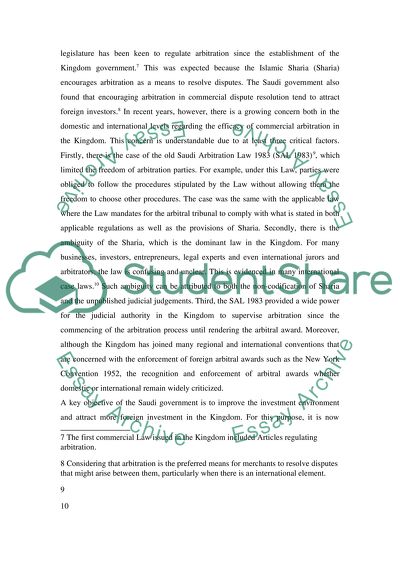Cite this document
(“International Commercial Arbitration: A Comparative Study between Essay”, n.d.)
Retrieved from https://studentshare.org/law/1482286-international-commercial-arbitration-a-comparative
Retrieved from https://studentshare.org/law/1482286-international-commercial-arbitration-a-comparative
(International Commercial Arbitration: A Comparative Study Between Essay)
https://studentshare.org/law/1482286-international-commercial-arbitration-a-comparative.
https://studentshare.org/law/1482286-international-commercial-arbitration-a-comparative.
“International Commercial Arbitration: A Comparative Study Between Essay”, n.d. https://studentshare.org/law/1482286-international-commercial-arbitration-a-comparative.


